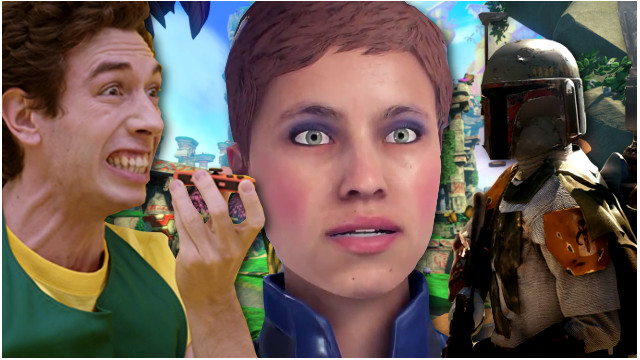While there have been plenty of fantastic games released in 2017, there has also been more than a fair few duds. In a year that was rocked by a number of controversies, it’s no surprise that the games industry has emerged out of the tail-end with its share of disappointments along the way.
Although the 10 games featured in this list weren’t necessarily bad, they certainly didn’t live up to the expectations we had for them. Here are the top 10 most disappointing games of 2017.
10. Super Bomberman R (GR Review)
 l
l
Aside from The Legend of Zelda: Breath of the Wild, for many Super Bomberman R was the game they were looking forward to among the Nintendo Switch’s line-up. With Bomberman being a sadly neglected franchise that seemed a perfect fit for the multiplayer-focused Switch, the end result was a barebones package that failed to live up to its namesake.
Also: GameRevolution’s Top 10 Best Games of 2017
We still hold out hope that Konami will eventually deliver the Bomberman game that we’ve been waiting for, but this underwhelming contribution to the Switch’s launch library was a mediocre release that failed to live up to the mascot’s ’90s heyday.
9. 1-2 Switch

Hopes weren’t exactly high for 1-2 Switch after the Switch game was announced, but its mere concept was enough of a disappointment to warrant a place on this list. With its past two consoles, Nintendo hit it out of the park when it came to producing launch games that showcase their new technology. Wii Sports was one of the best party games ever, providing a series of mini-games that were as accessible as they were fun, while the underrated Nintendo Land boasted a variety of interesting ideas in order to make use of its Gamepad.
On the other hand, there’s 1-2 Switch. This game is designed to showcase the Joy-Cons’ improved motion-control capabilities, but all it really does is provide a series of increasingly dull mini-games to suffer through, barely held together in a boring board game format so simplistic that it makes Mario Party look like Arkham Horror by comparison. There are a few passable games concealed within this unattractive package, though even if 1-2 Switch was offered as a free downloadable title, it would have still been disappointing.
8. Farpoint

The PlayStation VR still needs a killer app, but many pointed towards Farpoint as the game that could convince those on the fence about Sony’s virtual reality headset to give it a shot. Unfortunately, this was not to be.
Farpoint wasn’t a bad game, but it was far more bland than a VR FPS has any right to be. The Aim Controller, the big selling point for the game, brought with it an added layer intrigue, but for the most part this was yet another virtual reality on-rails shooter but in an endlessly drab environment. Not a lot of fun to play and not a lot of fun to look, us PS VR owners are still waiting for a game to play other than Resident Evil 7 that will justify our purchase.
7. LawBreakers (GR Review)
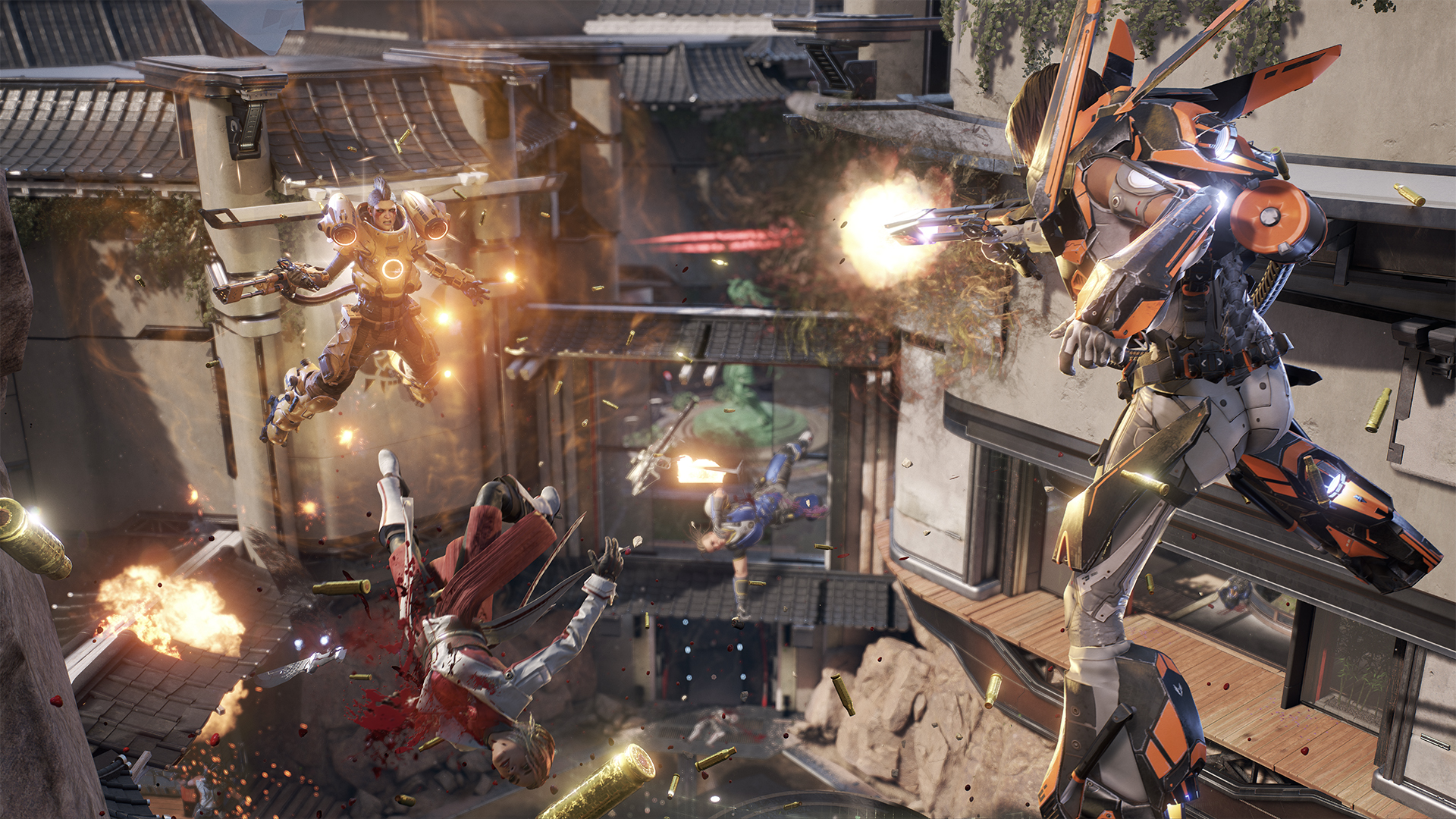
LawBreakers was a good game, but that means nothing in a multiplayer shooter if the community wasn’t there. Unfortunately, it suffered a pretty embarrassing fate after its player base dwindled to the point of non-existence — despite only releasing in August, the FPS routinely is lucky if it gets even 50 people playing it at any given time.
It’s not certain exactly why LawBreakers failed to reach a bigger audience. Perhaps it was its lack of marketing, or Overwatch‘s dominance of the genre on PC that caused it to suffer. However, while Boss Key Productions claim that they haven’t given up on the game, aside from making it free-to-play and literally giving it away, it seems incredibly unlikely that anything could reverse its fortunes.
6. For Honor (GR Review)

For Honor was a decent and unique game at launch, with Ubisoft providing another quirky multiplayer title that seemed to sink its teeth into a niche but dedicated audience. However, the game suffered from a post-launch mired in balancing issues and game-breaking bugs, leaving it in a complete mess and turning off its community.
The extent of For Honor‘s problems was best emphasised in a $10,000 tournament held by Ubisoft, in which the winner had made use of a bug in which his attacks were unblockable, while every finalist also utilized game-breaking bugs in order to advance. Ubisoft’s failure to address these issues left the game in a continuous state of disarray, leading to “community blackouts” in which many stopped playing it out of protest, and causing a big headache for everyone involved.
5. Marvel vs Capcom Infinite

Oh, Capcom. Following the uproar that surrounded Street Fighter V‘s release, in which the game launched with a minimal amount of content alongside the suggestion that more would be added after the fact, many had hoped that Marvel vs Capcom Infinite would be different. That was not to be the case.
Marvel vs Capcom Infinite was a great fighting game beneath its surface, but what an ugly surface that was. With incredibly unappealing visuals, a paltry roster of fighters, an underwhelming selection of modes and little for the casual fighting game fan to do, Infinite was emblematic of just how little Capcom had listened to criticisms of Street Fighter V, and sales of the game inevitably suffered for it. At this point it seems like Capcom is dead set on solely appealing to pro level players, which represents such a small fraction of their audience that it almost seems as though they actually dislike money.
4. Ghost Recon Wildlands (GR Review)
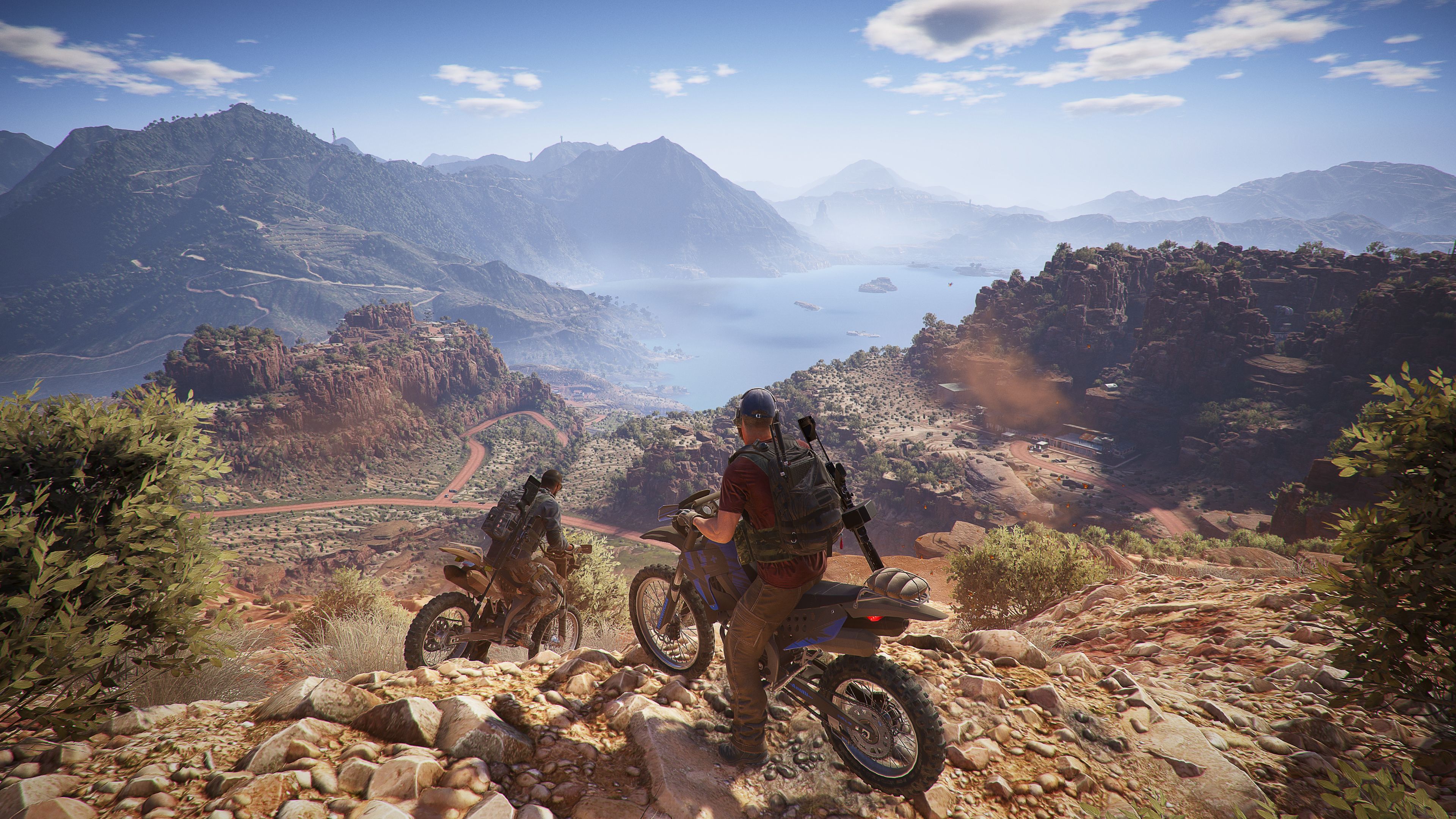
Ghost Recon Wildlands looked so good, but the dreams of staging elaborate, coordinated coups alongside a group of friends were dashed when it was revealed that it was just another generic open-world game
Like Just Cause but without the majority of the over-the-top fun bits taken out, Ghost Recon Wildlands featured vehicles that handled like they were on ice skates, repetitive missions and limited co-op gameplay, turning what looked like an interesting tactical shooter akin to older entries in the series into a bland slog through its uninspired story.
3. Yooka-Laylee (GR Review)
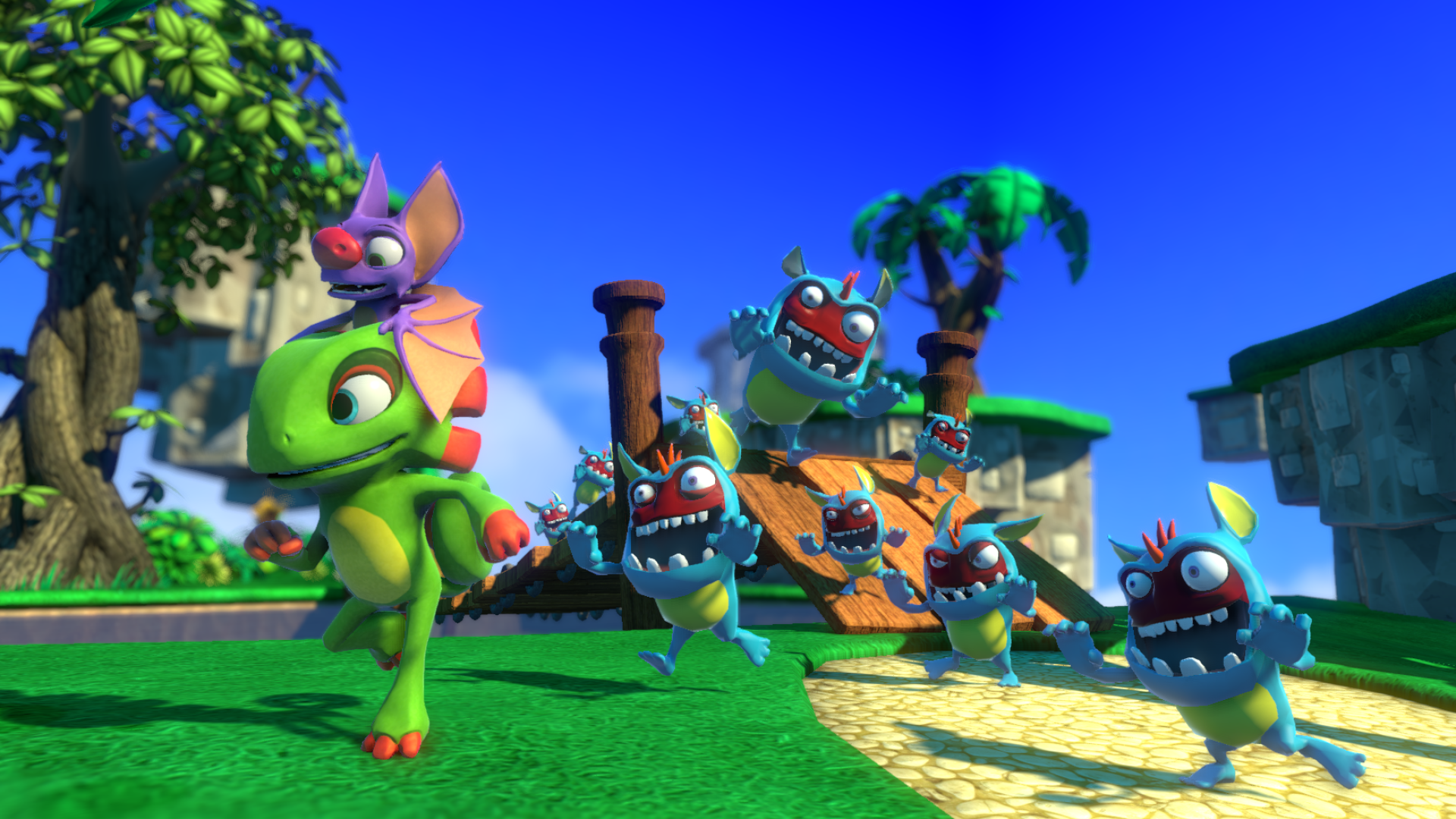
A spiritual successor to Banjo-Tooie, Yooka-Laylee was supposed to be a worthwhile throwback to a bygone era, but instead it rehashed a bunch of the worst ideas from early 3D platformers, stuffing them into worlds that get progressively more bland as you advance.
Yooka-Laylee starts off strong, with its vibrants visuals and sarcastic sense of humor conjuring memories of Rare’s old classics. However, as the game progresses only the strongest of rose-tinted glasses can prevent you from seeing its glaring flaws, from an achingly dull casino world that consists of one long, brown laminate floor, through to the grating grunts and squeaks of its cast of characters. It’s not a bad game, and those who simply wanted a modernized throwback to an N64 platformer with no frills would have been pleased, but for all the hype surrounding it we wish that Playtonic would have laid new ground rather than retreading an old hit.
2. Mass Effect: Andromeda (GR Review)
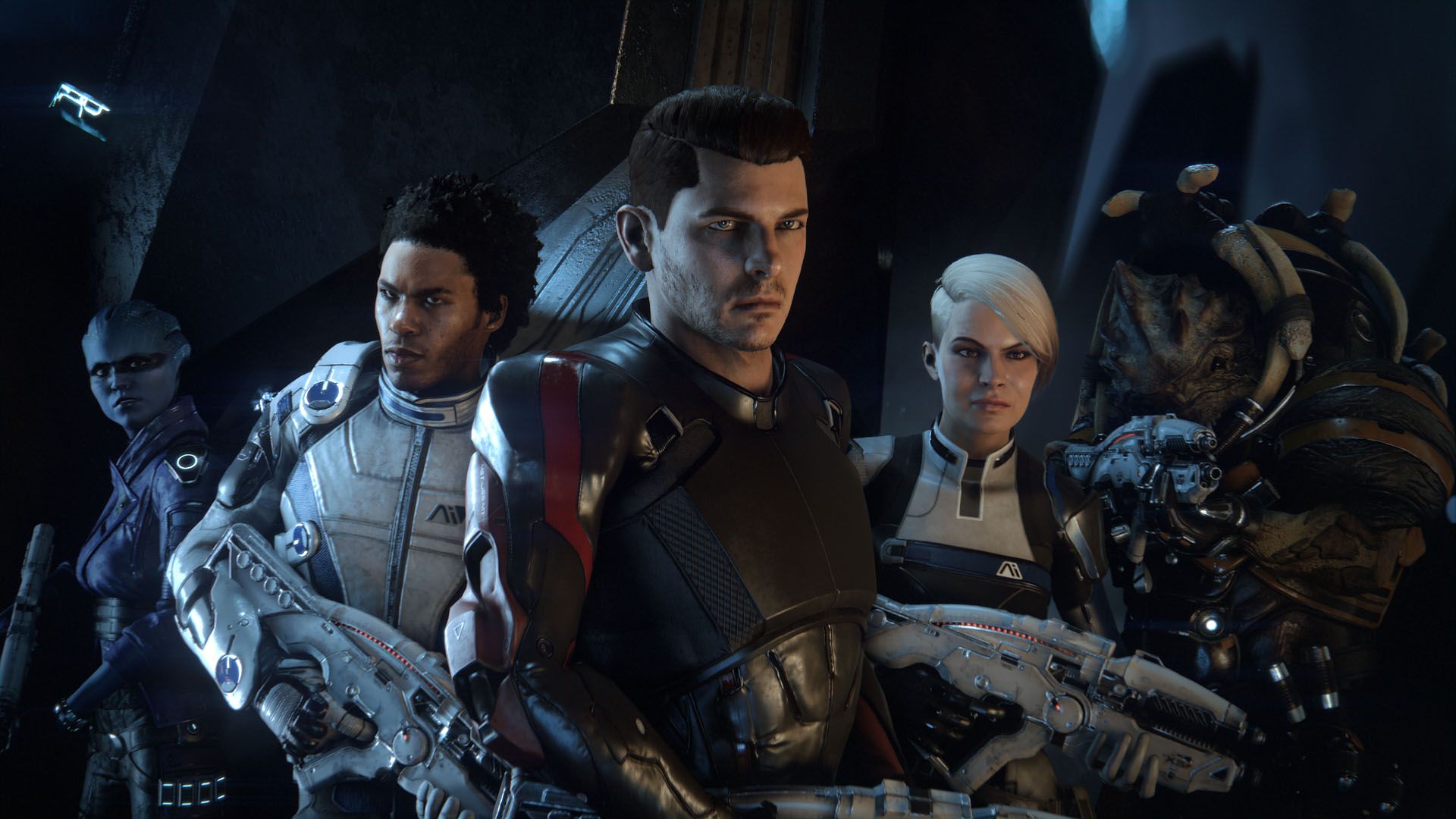
The vitriol surrounding Mass Effect: Andromeda‘s release was intense. The fourth entry in one of modern gaming’s most beloved franchises, Andromeda had a lot to live up to, and while it failing to reach that high bar would have attracted criticisms in and of itself, the poor state that it was released in only intensified the reaction to the game.
Mass Effect: Andromeda wasn’t exactly a mess at launch, but it was close. Bugs littered the game, and its facial animations were way off to the point where the game effectively became a meme within its launch week. Players began sharing unusual interactions they had with its cast of NPCs, and its release became better known for these viral videos than it did for the actual game they stemmed from. But Mass Effect: Andromeda was only the second-most disappointing EA game of the year…
1. Star Wars Battlefront 2 (GR Review)
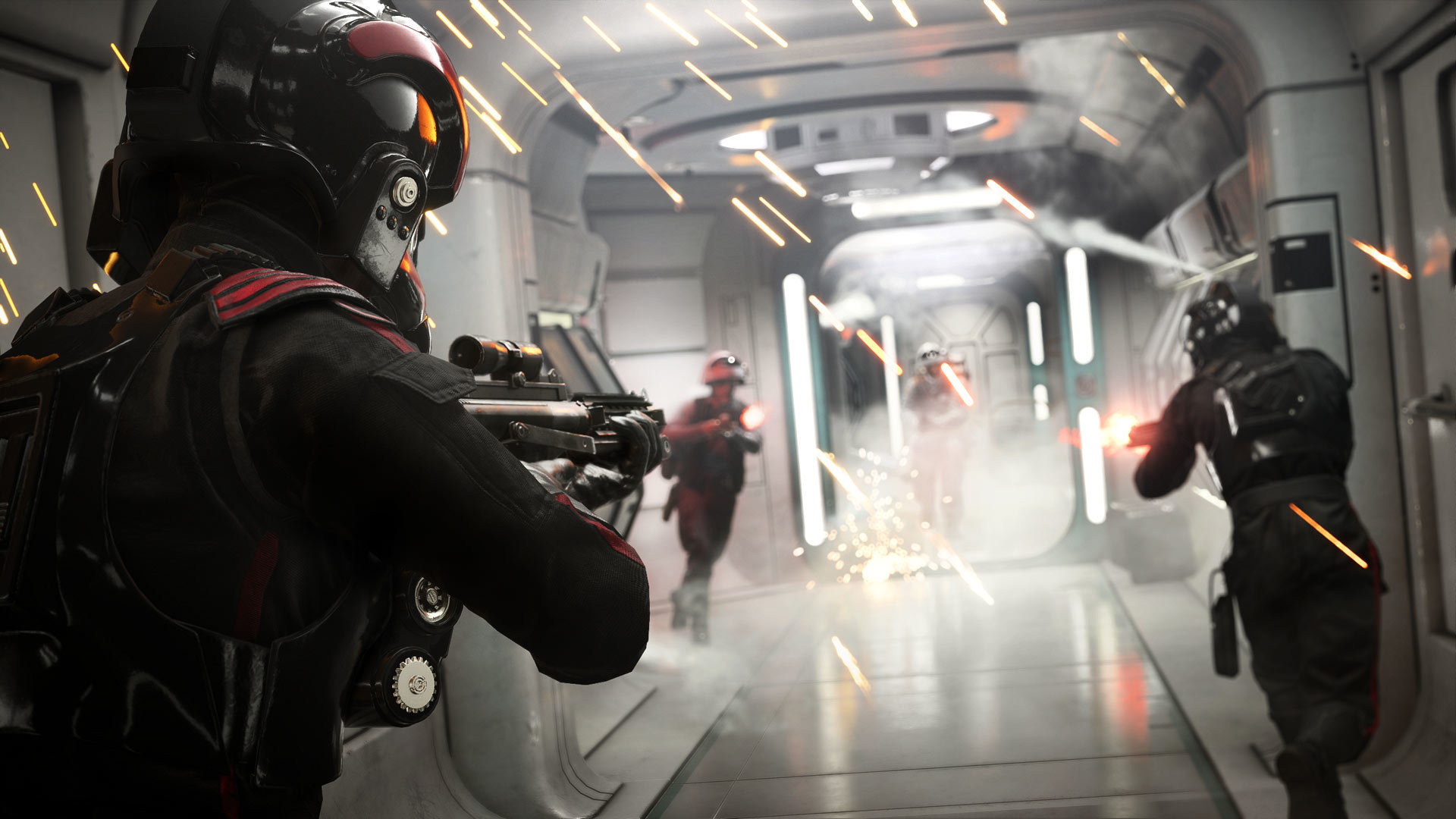
EA advertised Star Wars Battlefront 2 on the back of how many improvements they had made to the game over its underwhelming predecessor. They even wheeled John Boyega out to hammer home just how much better the sequel was going to be, with it featuring more maps, better modes and an original single-player story campaign to boot. Everything was looking up, until the game launched and Star Wars fans realized that they were playing a vehicle for microtransactions.
A triple-A game has never featured microtransactions as pernicious as those in Star Wars Battlefront 2, with the game littered with ways to pilfer money out of players’ pockets. Such was the extreme backlash against it that EA ended up temporarily removing its paid currency, and it’s no longer clear whether or not they ever plan to reintroduce us, such is the extent of the anger surrounding the multiplayer shooter. Now the government threatens to get involved with loot boxes, a “solution” that could cause more problems than it solves, and all because EA made it abundantly clear that they wanted to rinse Star Wars fans for every penny they could.
While Battlefront 2 is an enjoyable game beneath all of the controversies surrounding it, it doesn’t matter. At this point the microtransaction debate surrounding it has complete muddied the work DICE put into the game, and its legacy will be to serve a reminder of what happens when publishers get too greedy. It remains to be seen whether or not the Battlefront 2 controversy will have any long-term ramifications, but at the very least it completely ruined what should have been a fun Star Wars game. For that reason, it is our most disappointing game of 2017.
